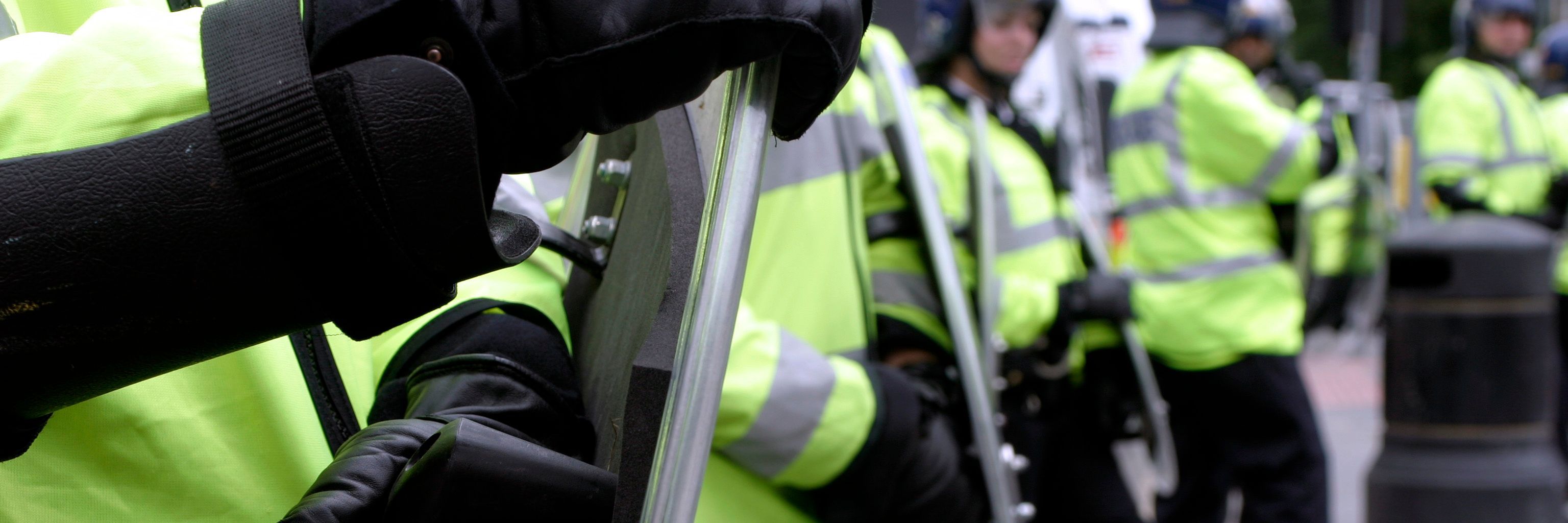The Criminal Procedure Rules & Practice Directions - Live with Colin Beaumont
Introduction
In April 2019 the Criminal Procedure Rules and the Criminal Practice Directions were consolidated into one document - it runs to some 860 pages!
This virtual classroom seminar is essential for those involved in prosecuting cases as it aims to distil the very essence of the document and leave you feeling confident of the 50 different rules covered.
On 5 October 2020 the new Criminal Procedure Rules came into force, which replaced the 2015 edition of the rules.
What You Will Learn
This live and interactive session will cover the following:
- 25 useful things to know about the rules
- The ‘essence’ of case management under rule 3 - the parties to agree the trial issues - the parties to agree as much of the evidence as they can - minimum number of live witnesses
- The duty placed upon the legal adviser at the very outset of a criminal trial in the Magistrates’ Court - CPDV1 - Trial 24A.11
- Sanctions under the rules where a trial ‘descends into a game of smoke and mirrors’- possible wasted costs against a party under Rule 45
- Starting a prosecution in the Magistrates’ Court - rule 7 of the Criminal Procedure Rules 2015 - an examination of the case of James William Brown - time limits
- Case management - putting the Crown to strict proof - an examination of the important cases of Valiati and the DPP and KM and the DPP and Regina v Gavin Rochford
- Can charges simply be emailed to the defence solicitors? - DPP and McFarlane and a consideration of rule 4 - service of documents generally
- The somewhat limited circumstances in which a Court could prevent a party from adducing evidence because of non-compliance with the rules
- Rule 19 - Expert Evidence - the important case of DPP and Walsall Magistrates’ Court (Bhusall) and DPP and Lincoln Magistrates’ Court (Thaiss) - rule substantially revised in April 2019
- The interrelationship between primary legislation and the Criminal Procedure Rules - see rule 3.5 - see also the comments of Lord Justice Laws in the Warley Justices’ case
- Hearsay evidence and bad character evidence and the rules - 20 and 21 respectively
- The ‘provision of evidence’ and the ‘disclosure of unused material meeting the test for disclosure’ - neither concept to be confused with ‘Initial details of the prosecution case’ under rule 8
- The structure of a criminal trial in the Magistrates’ Court - Rule 24.3
- Sentencing procedures in special cases - rule 28 - in particular - notification requirements (28.3) - variation of sentence (28.4)
- Medical certificates - CPD 1 General Matters: 5C issue of medical certificates - 5C.5
- Bail under rule 14 - in particular - reconsideration of police bail by a Magistrates’ Court under rule 14.6
- Rule 16 - a rule which should be read more often - deals with written witness statements
- Allocation and Sending - rule 9 - in particular see rule 9.8 - be careful with theft by way of low-value shoplifting - see the cases of R v Harvey (2020) and R v Burrows (2019)
- Rule 29 - Road traffic offences and the question of whether or not the Court ‘may disqualify in absence on the occasion of the conviction’
- Criminal Procedure Rules Quiz - 25 useful questions with 3 multiple-choice answers per question
Recording of live sessions: Soon after the Learn Live session has taken place you will be able to go back and access the recording - should you wish to revisit the material discussed.











